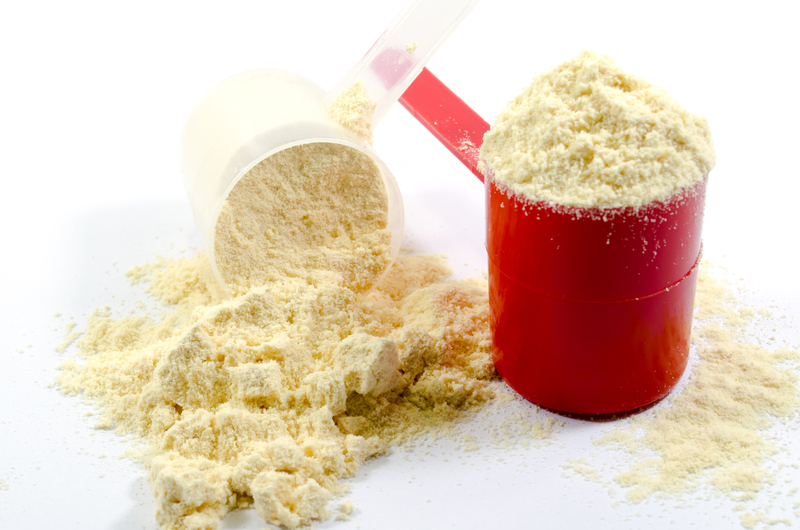Whey protein powder is the not-so-secret supplement that is almost non-negotiable in the fitness world. It is the highest selling sports nutrition supplement in the world and the market is projected to reach $20 billion in the U.S. alone by 2020. Given this statistic, it’s clear that people have no problem shelling out for whey and with good reason; it’s a pretty affordable way to supplement one’s protein intake. However, there has been some debate about the best type of whey protein powder. Recently, protein powder companies have found it necessary to raise prices by about 4 times the normal amount just to label their whey protein as “grass-fed.” Well, let’s investigate.
First, let’s go over what whey is. All whey protein is derived from milk and when milk curdles, solid curd separates from the liquid. This liquid is nearly pure protein and when powdered, voila, you have what we know as whey protein powder and its popularity in the sports world is justified by its rapid absorption and strong amino acid profile. So what about grass-fed whey protein? If you’re unfamiliar with the term of grass-fed, it pertains to meat and milk from cows that have been fed with their natural diet of grass rather than the conventional grain-based feed.
Indeed, studies have supported the notion that grass-fed beef and milk have more nutrition than their grain-fed counterparts. They have more anti-inflammatory and heart healthy omega-3 fatty acids as well as a higher Vitamin E content. Sounds pretty promising right? But not so fast before you go out searching for the grass-fed labels on your protein powder.
The nutrients mentioned above are found in the milk fat. However, by definition, whey is a protein supplement. High quality protein powders are processed to isolate the protein with as little carb and fat content as possible which is understandable given that when you pay for protein, you expect to get protein, not fat. That being said, even if you were to buy whey made from grass-fed milk, the amount of fat would be too negligible to deliver an amount of extra nutrients significant enough to justify the price. That just leaves the quality of the protein, the answer to which is simple. There has been no research to show that the amino acid profile of grass-fed whey is superior to regular, which makes sense given that it has not been proven that the diet of a cow affects its milk protein.
The bottom line? If you choose to pay extra for grass-fed whey protein powder due to ethical or environmental reasons, that is completely your choice. Just keep in mind that, due to the process by which whey is made and no research showing that protein quality is superior in grass-fed whey, it appears you won’t be getting any extra health benefits for your extra cash.






